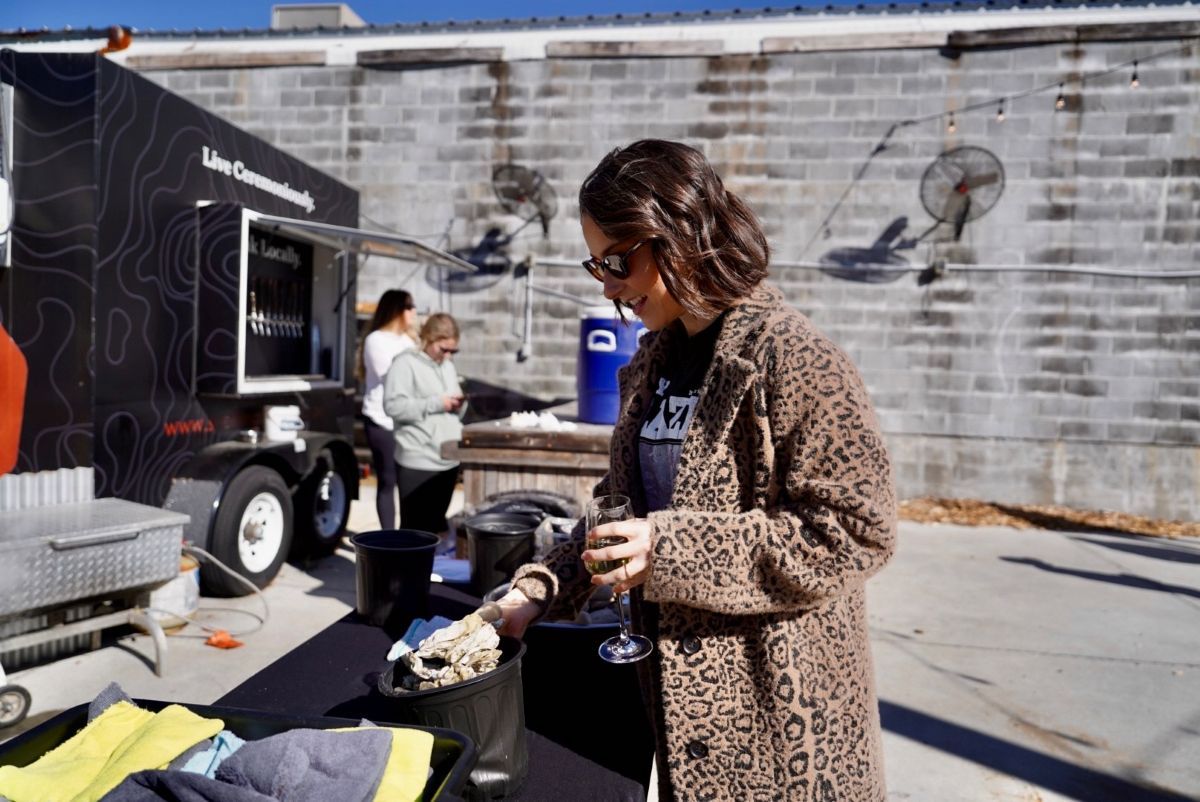From staff reports
Under the authority of the Solar Habitat Act, which was signed into law by Governor Henry McMaster in 2018, the South Carolina Department of Natural Resources (SCDNR) – with support from stakeholders including other state agencies, nonprofit conservation organizations, utilities and solar developers – has established Technical Guidance for the Development of Wildlife and Pollinator Habitat at Solar Farms.
Although renewable energy development is positive progress towards environmentally-friendly energy production, the increase in solar generation means a new land use on South Carolina’s landscape competing with the needs of natural resources.
Solar farms can adversely affect valuable natural resources if they are not properly planned and constructed. However, solar developers have an opportunity to provide increased benefits to the state’s natural resources by siting and developing their solar sites wisely and managing them to create habitat suitable for a wide variety of wildlife.
The guidance developed provides for the planning, establishment and management of pollinator-friendly habitat at solar sites in South Carolina.
Working with Clemson Cooperative Extension, Clemson’s Department of Fertilizer Regulation and Certification Services and Audubon South Carolina, the SCDNR has developed the S.C. Certified Solar Habitat Program.
Spurred from an initiative by Audubon South Carolina with the support of SCDNR, the South Carolina Solar Habitat Act (S.C. Code of Laws §50-4-10) provides a voluntary framework to encourage owners of ground-mounted commercial solar energy generation sites to follow voluntary site management practices that:
Provide native perennial vegetation and foraging habitats beneficial to gamebirds, songbirds and pollinators; and
Reduce stormwater runoff and erosion at the solar generation site.
A self-paced online training is now available for landowners, solar developers, utilities, county planners, zoning administrators and others who are interested in solar habitat development. To explore the online training, visit www.dnr.sc.gov/solar.
Deadline for applications for enrolling a solar site in the program is Jan. 15, 2021.
The Application Fee is $200, and there is a per acre fee as well. For additional information regarding the fees, visit https://www.clemson.edu/public/regulatory/fert-seed/solar/index.html or contact Assistant Director of the Department of Fertilizer Regulatory and Certification Services Sarah Wilbanks at 864-646-2147.
All the information regarding the S.C. Solar Habitat Program may be found online at www.dnr.sc.gov/solar.





